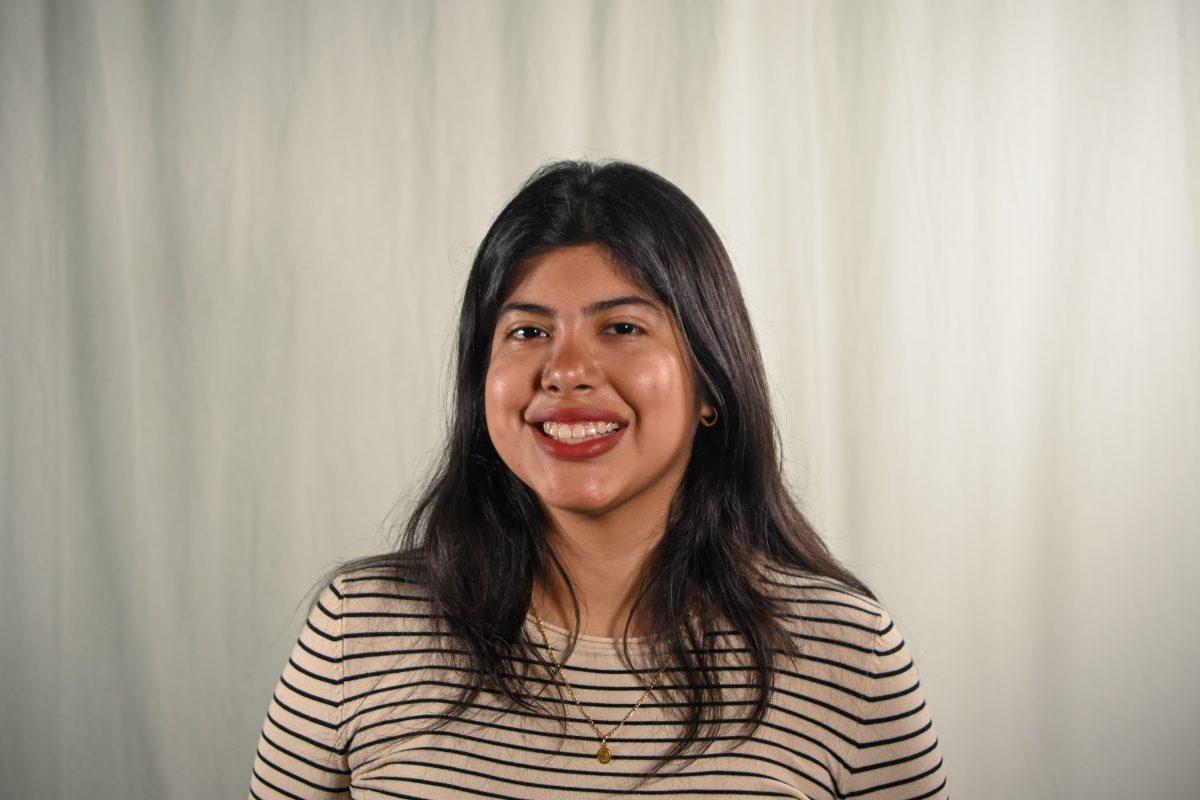The Grammys are widely considered to be one of the most prestigious awards shows in the music industry. One could think that due to its reputation, it would display the correct live closed captioning for an artist performance and acceptance speech. However, the 65th Annual Grammy Awards’ live closed captioning of Bad Bunny’s Spanish-language performance and multilingual acceptance speech proved otherwise.
I was annoyed when I noticed that the live closed captioning for Bad Bunny’s opening performance read “[singing in non-English],” but when I saw “[speaking in non-English]” during his acceptance speech, I was enraged.
It is inexcusable that Bad Bunny, a Puerto Rican, Spanish-speaking musician, did not have the correct descriptions for his individual performance while other artists did. This small act exposes the existing marginalization of minorities by award ceremonies such as the Grammys, which often do not provide international performers with the same means as American musicians.
While CBS has already added Spanish closed captions to the rerecordings, the fact remains that they didn’t even consider hiring a multilingual interpreter to make the words of the only Spanish-speaking artist of the evening available to the American public.
I mean, really CBS, it was the bare minimum.
CBS CEO and president George Cheeks later acknowledged that errors were made regarding the lack of translation for the Latino Grammy-winning artist’s performance and acceptance speech, yet it is still unbelievable they were made in the first place.
While it turns out that “non-English” is a general practice for live closed captioning where the captioners don’t have the capability to quickly add translations, CBS knew Bad Bunny would be the opening act of the show.
There’s no excuse for such a misstep, and CBS should have been prepared, especially considering the Grammys are the Recording Academy’s biggest live entertainment event of the year, as Cheeks mentioned in a response letter to Rep. Robert Garcia addressing the controversy.
Rather than a mistake, this was a clear lack of sensitivity and foresight on the part of the Recording Academy that was disrespectful towards the 13% of the U.S. population that speaks Spanish at home, as well as to the entire Hispanic community.
As a Latina, I felt disrespected not only because CBS did not give the correct captions for my native language, but also because they did not even acknowledge that it was Spanish; they just referred to it as non-English. Bad Bunny’s opening act at the Grammys was supposed to highlight an era of historical diversity in the U.S. music industry, but with this, it had the complete opposite impact.
It sent a really harmful message to the Hispanic community living in the U.S. today, particularly to the new generation of Latinx people that consider him more than a global superstar. For us, students and members of the young generation of Latinx people, this action was an unaware lack of proper representation for historically underserved communities.
As Garcia said in his letter to CBS, “For too many Spanish-speaking Americans, it felt disrespectful of our place in our shared society, and of our contributions to our shared culture. For the hearing impaired community, this failure was hurtful.”
This year, the Grammys failed to establish an inclusive and varied environment that recognizes the various cultures and languages in music. I hope that next year’s Grammys will learn from this failure and actually start respecting international artists by doing more than merely putting [speaking in non-English] when a foreign performer is speaking or singing.














